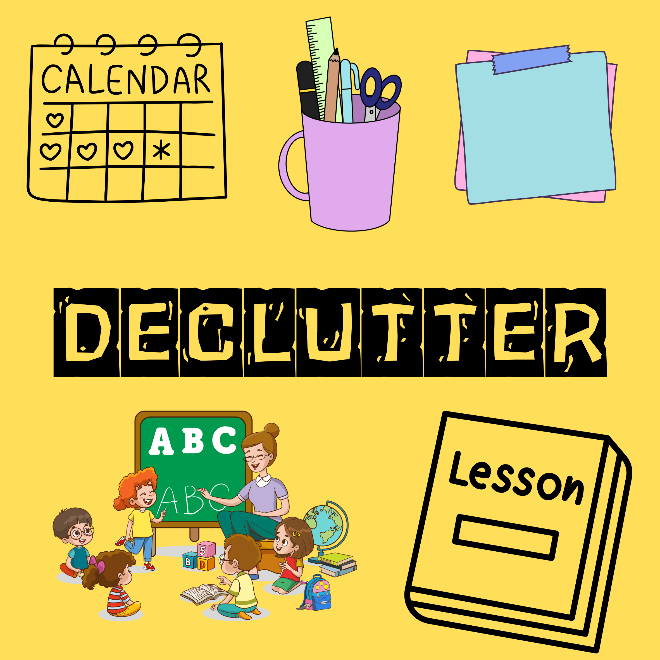February 2nd, 2026

The first time I heard the term ‘executive functions’, it was out of context. I immediately visualized a dynamic, high-powered professional sitting in their sleek, high-tech office, tackling their to-do list. Ha! I was way off on that one!
So, what are executive function skills, exactly? Executive functions (also known as cognitive control and supervisory attentional system) are a set of cognitive processes . They include things like attentional control, inhibitory control, working memory, and cognitive flexibility, as well as reasoning, problem solving, and planning. Each of these are necessary for the cognitive control of behavior, allowing us to select and monitor our own behaviors and attain our chosen goals.
In other words, executive function skills are those that we use everyday while navigating our way through this world of ours: accomplishing tasks, demonstrating self-control, and making sound, healthy choices. Planning and organizing schedules, dialing a memorized phone number, and setting down that chocolate bar in the grocery store checkout line are perfect examples of executive function skills at work! It’s important to note that executive functions are learned skills that help contribute to our success in life. Deliberately and thoughtfully teaching young children these critical skills early on can lead to improved learning and better outcomes as they progress through school and grow into adulthood.
There are many things we can do to help children develop executive function skills. According to neurologist Judy Willis , when young children are given the opportunity to apply their learning in authentic ways, the odds of retaining information in the prefrontal cortex, or the area of the brain linked to executive functioning skills, increases.

Image courtesy of Shire US Inc./ADHD&You
Check out a few of Willis’s impactful strategies for the classroom:
- Rather than asking students to rote memorize information, make lessons and activities personally meaningful to them. This helps build and strengthen connection with the information so it can be recalled later.
- Ask open-ended questions and allow students to occasionally work in pairs or small groups. They can then share their own individual experiences and ideas, which will promote student engagement and add meaning to the lesson, helping it ‘stick’.
- Create “student-centered activities, projects and discussions” that encourage students to make predictions, solve different types of problems, and figure out how to get the knowledge they need to reach their goals.
- Provide students opportunities to prioritize, set goals, and apply things they’ve already learned to a new lesson or concept.
It’s no coincidence that GrapeSEED has carefully woven these strategies throughout its curriculum for ELLs! As GrapeSEED students acquire English through meaningful interaction with its pro-social, engaging components, they quickly become able to apply it in authentic ways as they begin interacting with classmates, teachers and others, both inside and outside the school environment.
Helping children develop executive function skills prepares them to become healthy, contributing members of society. Therefore, teaching children to exercise self-control in social situations, exercise good judgement, plan and prioritize, and become good problem solvers is a responsibility that we all benefit from taking part in –families, educators, and communities included!
Want to learn more about GrapeSEED? Contact us!





